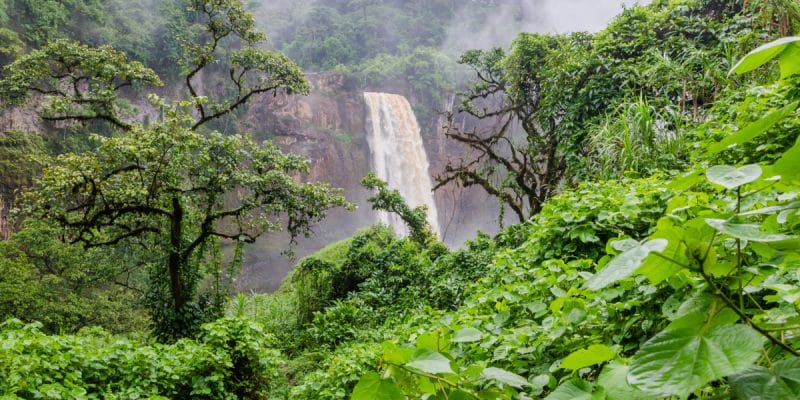The World Bank announced on March 28, 2023, the granting of new financing to Benin. The $30 million envelope is intended to strengthen the sustainable management of classified forests. Declared endangered in the southern, central and northern regions, Benin's 46 classified forests contribute to the livelihood of local communities.
The climatic resilience of Benin’s local communities depends essentially on the restoration of forests. It is from these ecosystems that communities derive their livelihoods.
In recognition of this, the World Bank is providing new financing to strengthen sustainable forest management in Benin. This new $30 million operation is additional financing to improve the results of the Benin Classified Forest Management Project, thus contributing to the achievement of the project’s initial objective. This will help achieve the project’s original goal of restoring 22,000 hectares of forest while ensuring integrated management of classified forests. This includes increasing the amount of sustainably produced fuelwood for large cities and developing forest product value chains for rural communities.
“This additional funding will allow for the revival of innovative activities such as the promotion of intensive, sustainable and environmentally friendly agriculture and the development of non-timber forest product chains, such as shea. Overall, it will strengthen the value chains on which a large part of the population depends for its survival,” explains Atou Seck, World Bank Country Manager for Benin.
Project allocated $22 million to communities
Launched in 2019 with $75 million, the Classified Forest Management project has already granted more than $22 million to communities living around eight classified forests, where large-scale reforestation has taken place. In these eight classified forests, reforestation activities have generated more than 33,700 direct and indirect jobs (31.5 percent of which are for women), involving more than 12,000 members of local community organizations and 21,700 temporary workers.
Read also-CHAD: $105 million from the World Bank for climate-related food security
This project is consistent with the World Bank Group’s regional strategy for West and Central Africa. The strategy calls for rebuilding trust between citizens and the state to create a new social contract, removing bottlenecks that prevent businesses from creating more and better jobs. The strategy also promotes building human capital and empowering women so that all boys and girls can reach their full potential, and building climate resilience to help countries adapt to climate shocks.
Boris Ngounou







